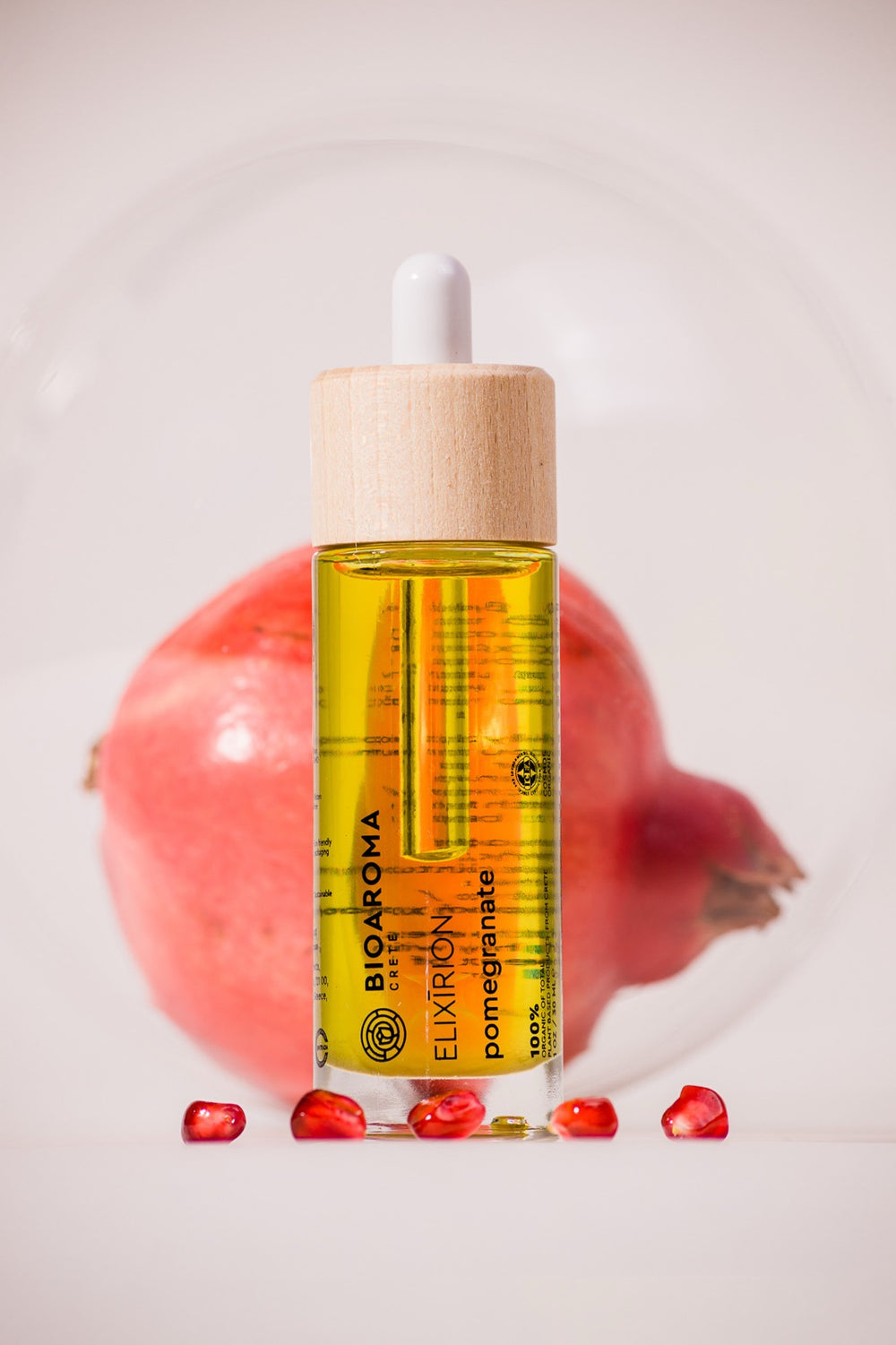Basil essential oil
The essential oil of Basil comes from the steam distillation of its leaves. It has a light yellow color and a fresh, sweet and slightly spicy smell. Basil plants are grown on our estate in Crete and the essential oil produced is of excellent quality.
Basil has a high content of linalool and a lower content of methylcavicol than the basil of Thailand which has the highest content for it and is often preferred in aromatherapy. According to analyzes, methylcavicol can be a carcinogenic compound if the rate of use exceeds 0.02%. The main chemicals found in basil essential oils include methylcavicol, eugenol, linalool, limonene and citronellol. Basil essential oil has antioxidant and antibacterial properties due to ingredients such as methylcavicol (estragol) and the linalool it contains. It owes its clove-like scent to eugenol for example and the smell of citrus that some of its species have, to citral.
Basil is known for its insect repellent action due to its high content of linalool and linalyl acetate. They have anti-inflammatory action that helps in irritation from insect bites. Finally, their antimicrobial properties prevent infection from a sting and speed up its healing.
Basil gives freshness and neutralizes bad breath. Restores the health of the gums, teeth and the wider oral cavity. It has a strong antiseptic effect and destroys 99% of the germs in the mouth. It effectively treats various infections in the mouth, such as ulcers (cold sores, etc.).
Basil has a high content of linalool and a lower content of methylcavicol than the basil of Thailand which has the highest content for it and is often preferred in aromatherapy. According to analyzes, methylcavicol can be a carcinogenic compound if the rate of use exceeds 0.02%. The main chemicals found in basil essential oils include methylcavicol, eugenol, linalool, limonene and citronellol. Basil essential oil has antioxidant and antibacterial properties due to ingredients such as methylcavicol (estragol) and the linalool it contains. It owes its clove-like scent to eugenol for example and the smell of citrus that some of its species have, to citral.
Basil is known for its insect repellent action due to its high content of linalool and linalyl acetate. They have anti-inflammatory action that helps in irritation from insect bites. Finally, their antimicrobial properties prevent infection from a sting and speed up its healing.
Basil gives freshness and neutralizes bad breath. Restores the health of the gums, teeth and the wider oral cavity. It has a strong antiseptic effect and destroys 99% of the germs in the mouth. It effectively treats various infections in the mouth, such as ulcers (cold sores, etc.).




